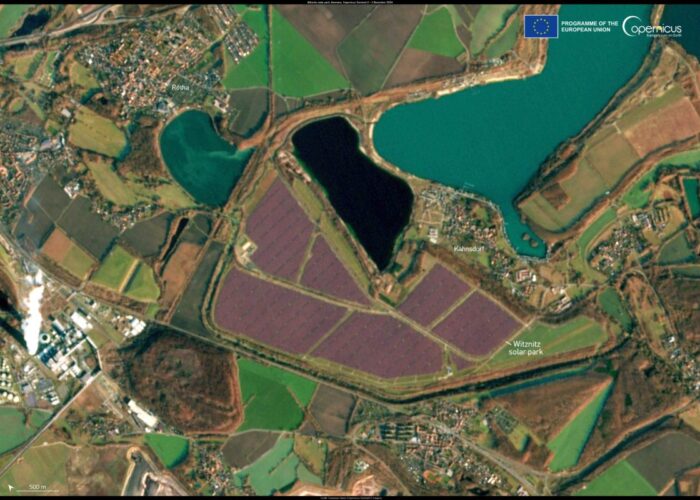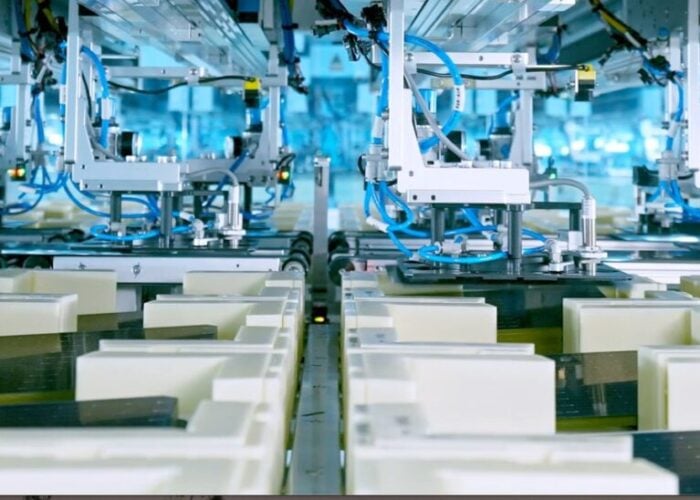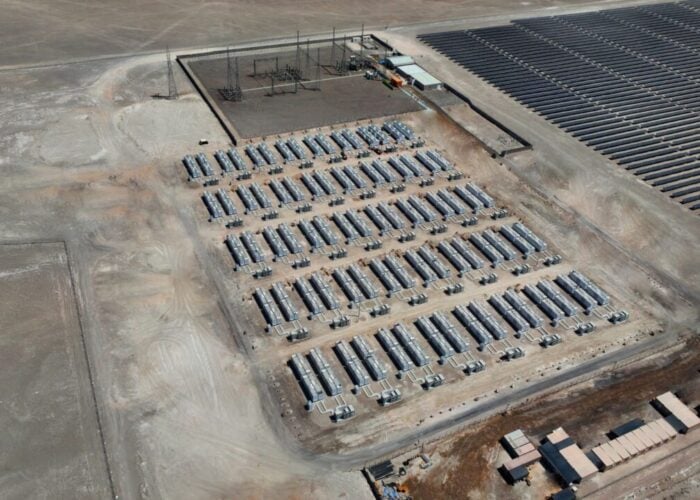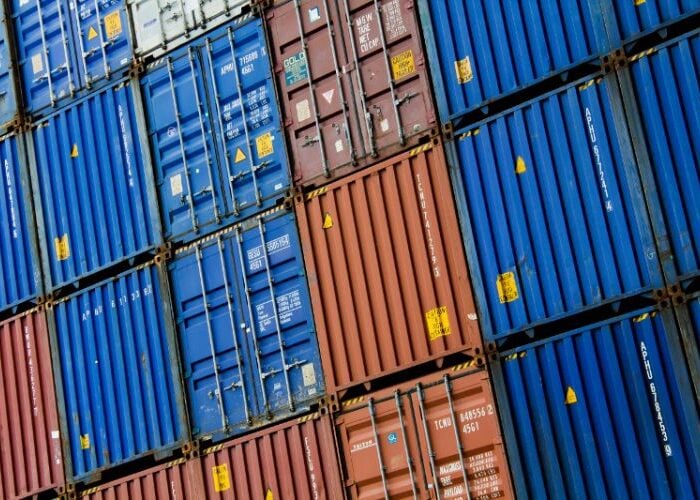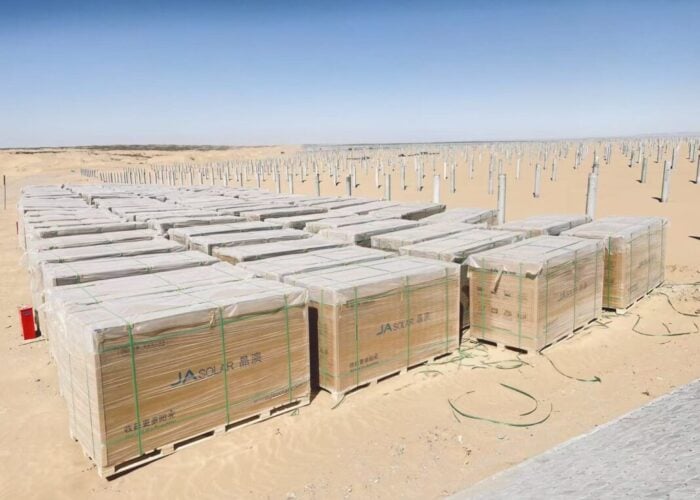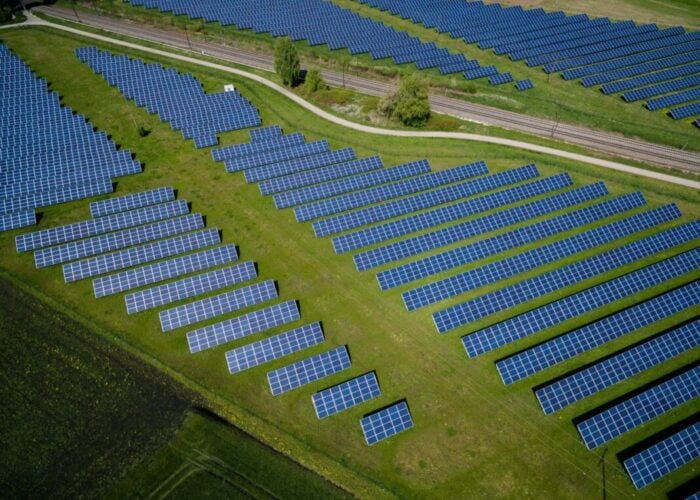The latest draft guidelines on state aid by the European Commission have drawn criticism from the European Photovoltaic Industry Association (EPIA), claiming they could “constrain member states’ capabilities to reach their 2020 binding renewable targets”. A public consultation period on the draft guidelines is open until 14 February.
The draft was put forward in November last year and suggested replacing feed-in tariffs with feed-in premiums to reflect market prices. The EC also recommended the use of reverse auctions for tendering processes for projects in order to encourage competition. Additionally the guidelines advised against retroactive measures including the cutting of support programmes.
Unlock unlimited access for 12 whole months of distinctive global analysis
Photovoltaics International is now included.
- Regular insight and analysis of the industry’s biggest developments
- In-depth interviews with the industry’s leading figures
- Unlimited digital access to the PV Tech Power journal catalogue
- Unlimited digital access to the Photovoltaics International journal catalogue
- Access to more than 1,000 technical papers
- Discounts on Solar Media’s portfolio of events, in-person and virtual
Or continue reading this article for free
EPIA head of policy Frauke Thies originally raised concerns around the EC draft guidelines in November, including the fear that reverse auctioning processes would neglect small-scale generation installations and the lack of support offered to self-consumption PV users.
EPIA has this week offered direct replies to two aspects of the draft which are included in the public consultation process. One is a reply to the more general Guidelines on Environmental and Energy State Aid for 2014-2020, the other a reply to a draft regulation declaring certain categories of aid compatible with the internal market.
In replying to the Guidelines on Environmental and Energy State Aid for 2014-2020, EPIA head of regulatory affairs Alexandre Roesch argued that “State Aid rules should not replace energy policy”. Roesch said that the EC’s current proposals on renewable energy went “far beyond the framework defined in the relevant European legislation”.
Roesch and EPIA have criticised the proposed technology-neutral bidding processes in particular, that would require member states to implement when granting support to “deployed” renewable energy technologies. EPIA argues that technology-specific support is the best way to avoid overcompensation. The organisation argues that the adoption of a technology-neutral bidding process could constrain the choices of member states from helping energy technologies to mature and “achieve their full competitive potential”. EPIA believes this provision should be abandoned from the guidelines.
The trade association’s response also argues against a distinction made by the EC between “deployed” and “less deployed” technologies, calling it “arbitrary and unnecessary”. EPIA also argues for a threshold of 5MW to define small-scale generation, so that co-operative driven projects can qualify for support – the association feels that many of the provisions laid out by the EC’s proposals appear to be aimed specifically at large-scale generation.
In making the distinction, EPIA still regards the feed-in tariff as a viable form of aid for small-scale installations, and believes the Commission Regulation should “explicitly recognise” this.
EPIA also feels that it should not be the objective of the State Aid regime to facilitate the integration of renewable energy sources and that this purpose is better served by Renewable Directive 2009/28/EC which is already in place.
While EPIA welcomed the opportunity to offer comment to the consultation process, it also identified what it called “several clerical mistakes” and said “some key concepts are not properly defined”. In EPIA’s estimation this makes it difficult and often “confusing” for stakeholders to fully understand the Commission’s proposals.
EPIA welcomed the Commission Regulation’s objective of clarifying exemptions to investment aid. However, again one of the main points raised by EPIA is the confusing nature of the guidelines and its definitions of aid and technologies.
In related news, a group of 91 companies and trade associations, including the Solar Trade Association, EPIA, IKEA, Juwi and Younicos made a statement yesterday addressing the need for a binding renewable energy target framework for 2030. The statement stressed how the EU’s “liberalised energy markets strongly depend on reliability”, with the group asking for a legally binding target on renewable energy for 2030. The statement spoke of the need for new climate and energy framework for the EU based on “mutually reinforcing tools and targets”, asking for support from policymakers for such a framework.

